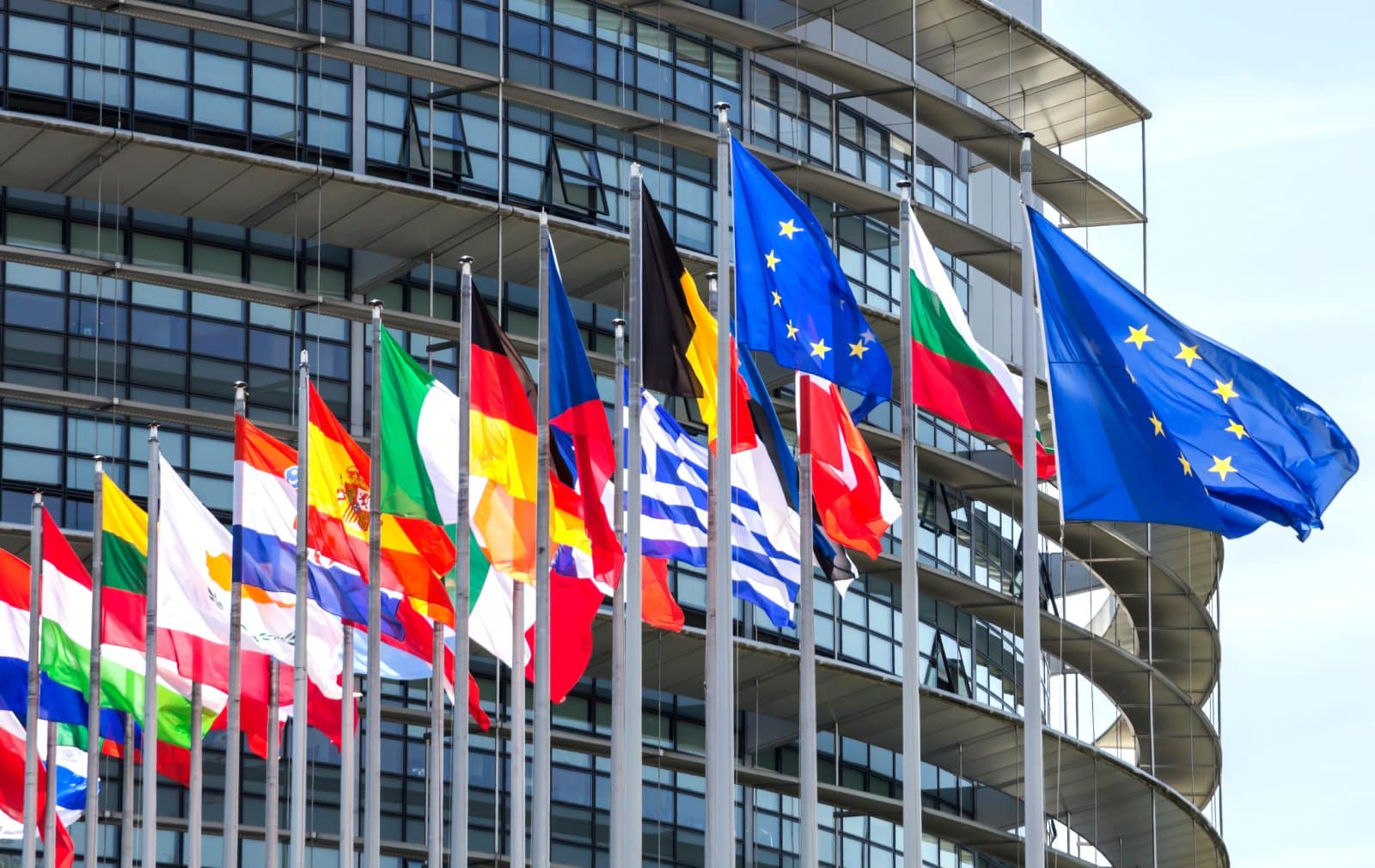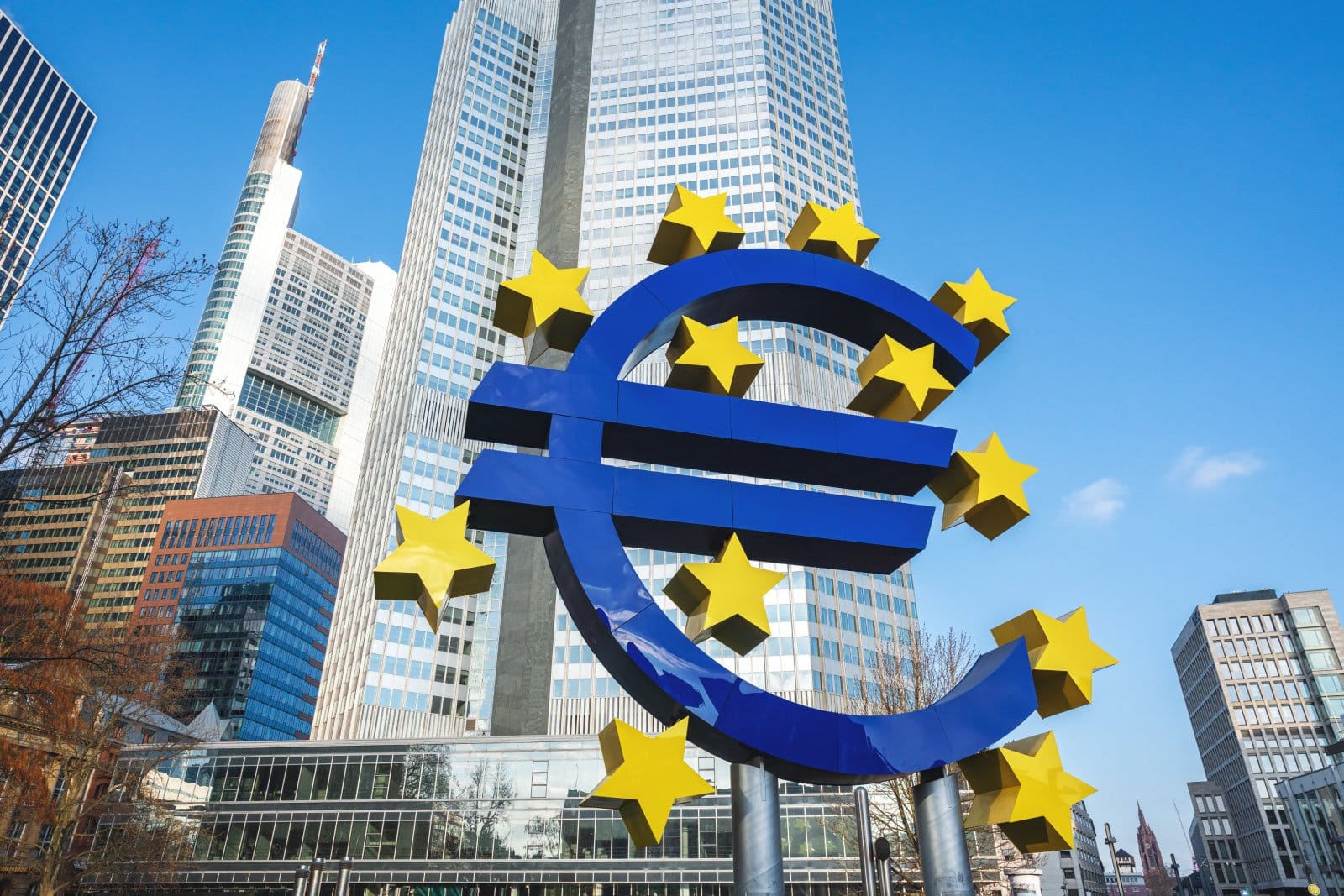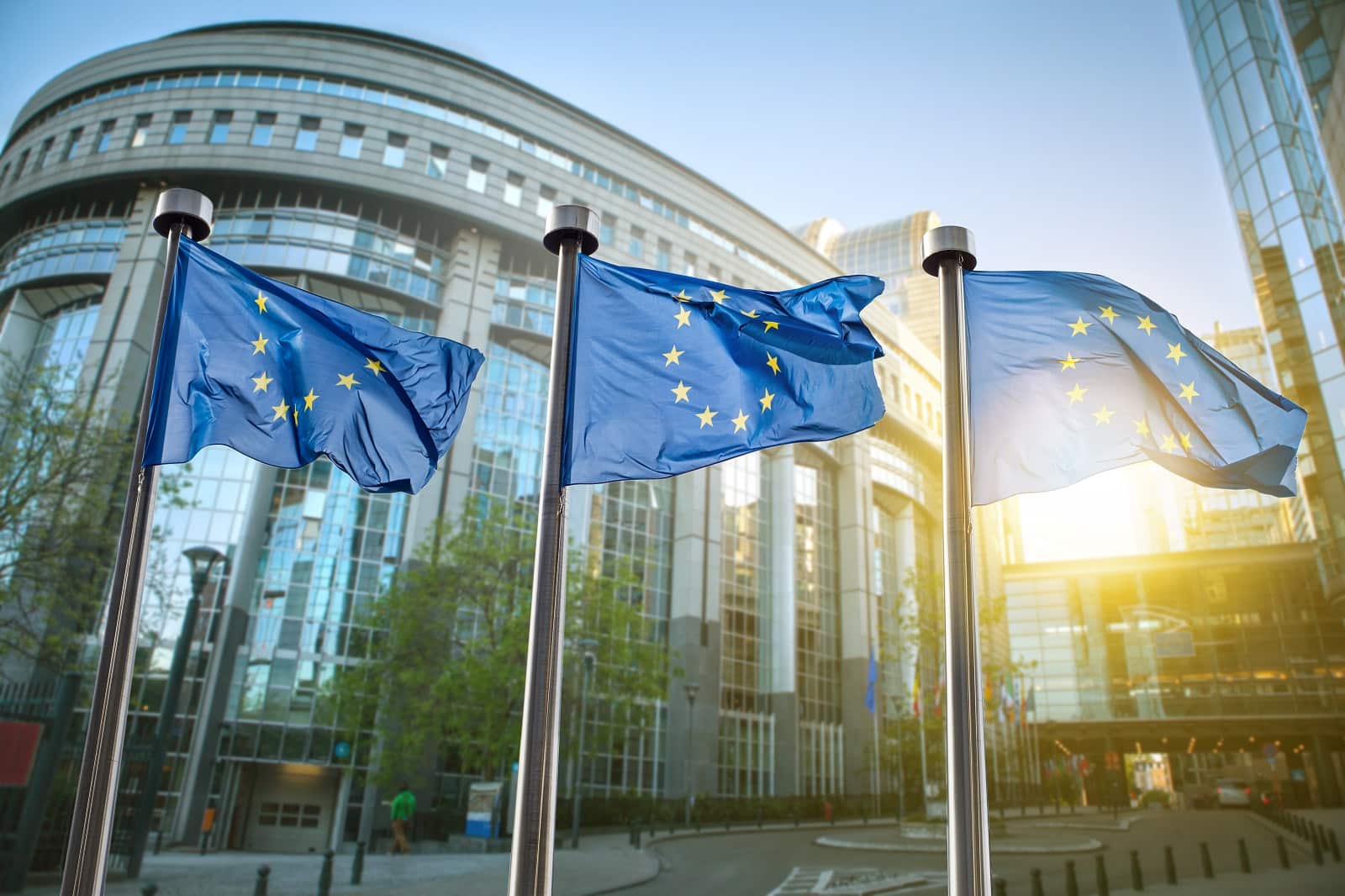As Brexit continues to stir discussions across Europe, France, with its own unique set of challenges and aspirations, might just consider a similar path. But what could push the French towards a ‘Frexit’?
1. Sovereignty Boost

Many in France cherish national sovereignty, resenting EU constraints on their legal and political systems. A Frexit could restore full autonomy, appealing to a significant portion of the populace.
2. Economic Independence

Frustrations over perceived economic disadvantages within the EU could drive France to seek control over its own economic policies and regulations.
3. Immigration Control

Growing concerns about immigration and border control are prominent in French political discourse, potentially motivating a push to regain complete control over national borders.
4. Agricultural Policies

French farmers have often felt that EU agricultural policies do not favor their traditional practices and could support Frexit as a means to regain control over their farming regulations.
5. Protectionist Policies

France has a history of protectionism, and leaving the EU could allow for the reintroduction of protections for local industries without the limitations imposed by EU competition laws.
6. Cultural Preservation

A desire to protect and promote French culture and language could be a significant driver, with some feeling that EU policies dilute national identity.
7. Anti-Globalization Sentiment

There’s a strong anti-globalization movement in France that could see Frexit as a way to counteract global economic forces and protect local jobs.
8. Discontent With EU Bureaucracy

The EU’s complex bureaucracy is a common grievance among its critics, who argue that it leads to inefficient and distant policymaking.
9. Financial Contributions

Like the UK, France is a major contributor to the EU budget. Some argue these funds could be better spent on domestic needs.
10. Eurozone Skepticism

The Eurozone’s financial crises have left some French citizens skeptical of the euro and wary of the economic ties that bind them to less stable economies.
11. Trade Freedom

Exiting the EU could allow France to negotiate trade deals that are more specifically tailored to its national interests and economic needs.
12. Fishing Rights

French fishers, particularly those in the Atlantic and Mediterranean, may support Frexit to gain exclusive access to their waters, currently regulated heavily by the EU.
13. Populist Politics

The rise of populist leaders who are critical of the EU could galvanize public opinion towards a Frexit if they see significant electoral gains.
14. Legal Autonomy

The influence of EU law on French legislation is a contentious issue, with many arguing for the return of full legal sovereignty.
15. National Security

Concerns over terrorism and security may lead some to advocate for Frexit as a means to implement stricter controls unilaterally.
16. Public Opinion

If public sentiment grows increasingly eurosceptic, political leaders may feel pressure to consider a referendum similar to the UK’s.
17. Intellectual and Cultural Elite

A significant number of French intellectuals and cultural figures criticize the EU for undermining France’s intellectual sovereignty and cultural standards.
18. Research and Development

France could seek to establish its own standards and funding mechanisms for research and development, particularly in sectors like nuclear energy and aerospace.
19. Environmental Policies

Dissatisfaction with EU environmental policies, which some in France view as either too stringent or not stringent enough, could fuel Frexit debates.
20. Loss of Influence

Some feel that France’s influence within the EU is waning, particularly against the backdrop of Germany’s rising dominance.
21. Historical Precedent

France has a history of valuing national independence and might see Frexit as a return to traditional values of autonomy and self-determination.
Au Revoir

While the idea of Frexit is fraught with complexities and significant risks, these 21 reasons illustrate the various pressures and motivations that could lead France to consider following the UK’s lead out of the European Union. As with all such monumental decisions, the path forward would be shaped by both economic realities and deep-seated national sentiments.
Featured Image Credit: Shutterstock / Alexandre Rotenberg.
For transparency, this content was partly developed with AI assistance and carefully curated by an experienced editor to be informative and ensure accuracy.

